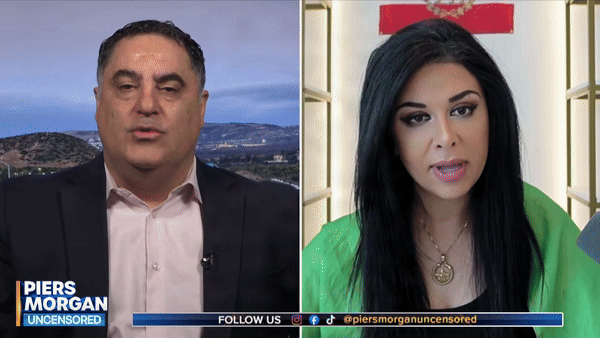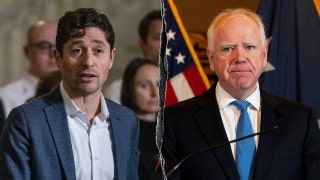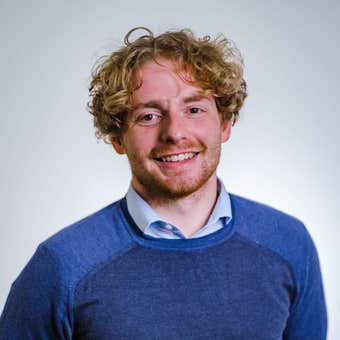Former CBS producer blames journalists for Americans' distrust in media
Podcast host and former CBS Evening News executive producer Mosheh Oinounou told CNN anchors he was surprised at the level of distrust that the American people have for the media.
Podcast host and former CBS Evening News executive producer Mosheh Oinounou told CNN anchors he was surprised at the level of distrust that the American people have for the media.
Oinounou cited polling showing that America is the country with the most distrust of its own media and told the hosts of "CNN This Morning" on Friday that the press needs to foster a better dialogue with viewers.
Though CNN anchor Don Lemon wasn’t sold on Oinounou’s argument completely, arguing that politicians crying "fake news" forced people into "echo chambers."
MONTAGE: DON LEMON’S TOP 5 MOST LIBERAL MOMENTS ON CNN
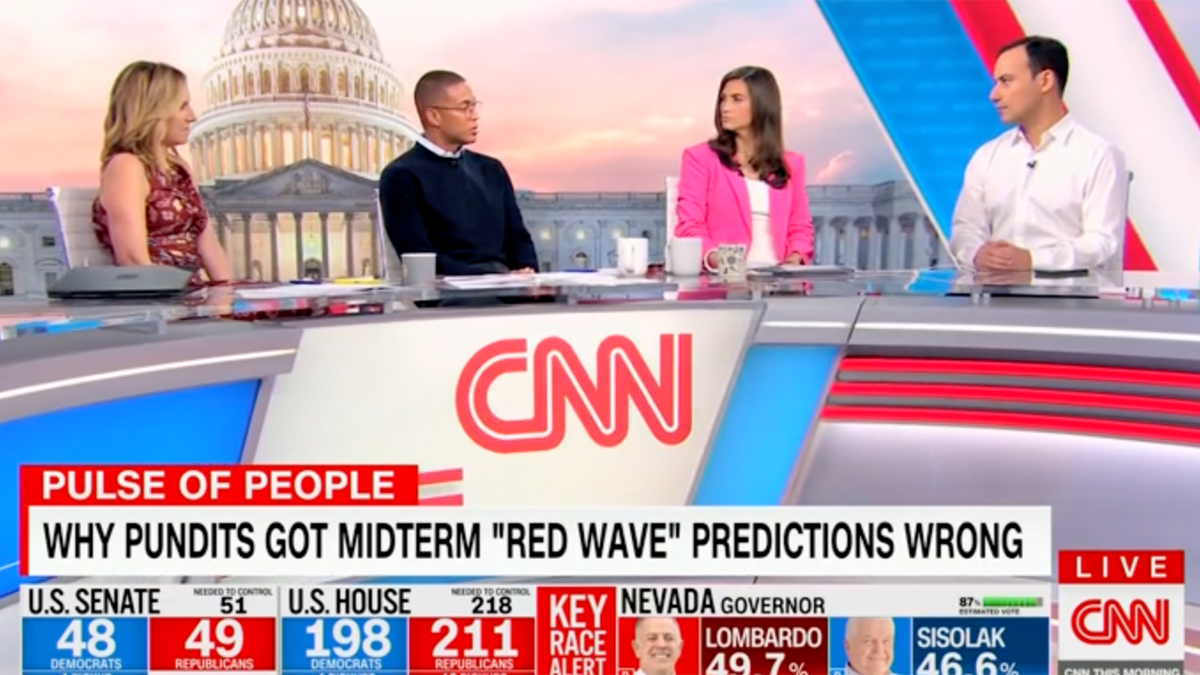
CNN anchor Don Lemon speaks to former CBS Evening News executive producer Mosheh Oinounou about Americans' distrust in media. (Screenshot/CNN)
Oinounou relayed several recent observations he’s had about the landscape of journalism, especially while covering the latest midterm elections. He told anchors Lemon, Poppy Harlow and Kaitlin Collins, "Number one, I did not fundamentally understand the lack of trust Americans have lost in the media."
He continued, "In fact, there was a Reuters survey over the summer and it was 46 countries – population 3 billion between all these countries – and we were dead last in terms of trust in terms of news and media."
Co-anchor Kaitlin Collins asked, "The United States was?" and co-anchor Poppy Harlow appeared shocked, remarking, "That’s incredible."
Oinounou kept going: "Three out of four Americans don’t trust the news and information they get. And we can sit here as journalists and say, well part of that may have to do with politicians calling us ‘fake news’, etc., but there is a fundamental issue right now in terms of distrust that people have out there."
He added, "And that was the most eye-opening thing."
Providing his second observation, Oinounou said, "As somebody, you know, who sat there at CBS, you know, running a show every day, deciding what the issues were, the wakeup call was there’s no real dialogue happening with our viewers. We have all these means, all these social media –"
Harlow interrupted, asking, "How can we do it better than?"
COMMENTATOR CORRECTS DON LEMON’S REPARATION CLAIMS | FOX NEWS VIDEO
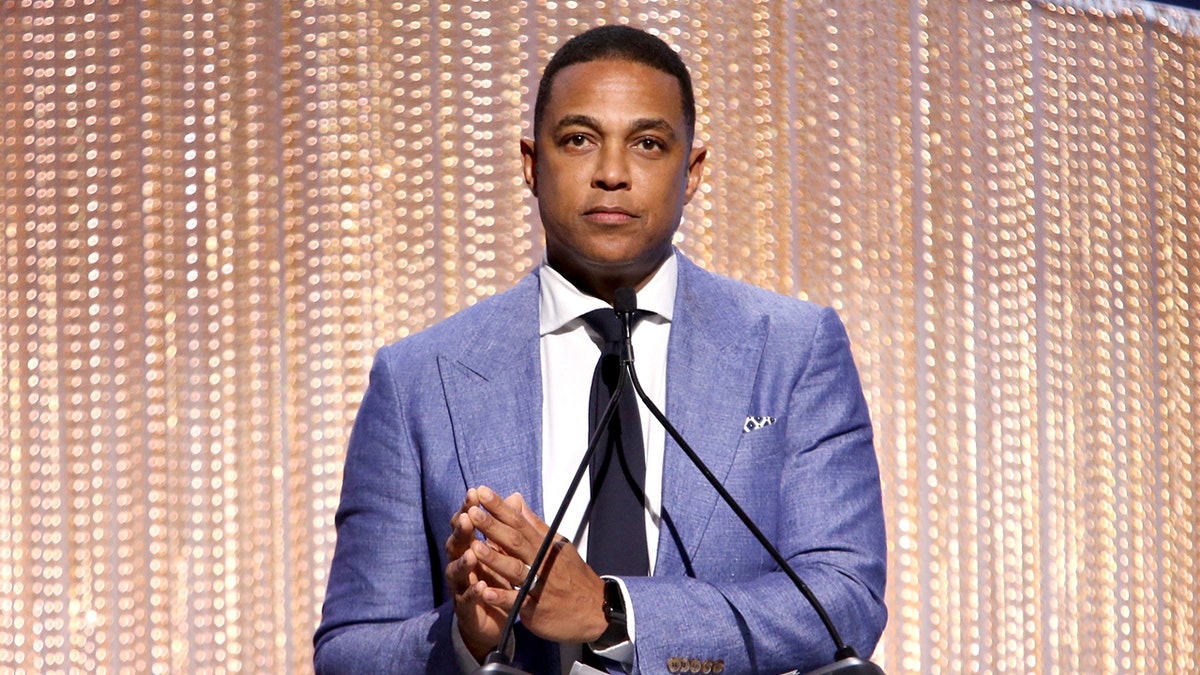
CNN’s Don Lemon once said Georgia's election law was the new Jim Crow." (Photo by Jesse Grant/Getty Images for THR)
He responded with prospective from his own journalistic work on social media. He stated, "Well what I’m trying to do on Instagram is genuinely engage every day, ‘What are you guys interested in? What are you asking questions about?’"
Oinounou added that the media can often be oblivious to the public’s perception of things, stating, "And sometimes it doesn’t occur to us who kinda live in this politics world, ‘Hey explain why the Senate matters again. What do they do?'"
After giving more examples of other finer political points the media just assumes everybody knows, he claimed, "There’s a lot of whys and hows that people genuinely want to have a conversation about without being judged."
Lemon added to the conservation, admitting, "the whole idea of media literacy, and I think, look, we could all do better when it comes to that." Though he claimed that education should play a role in helping people, not just media. He said, "It’s somewhat the media’s job to sort of explain to people, but it’s really education."
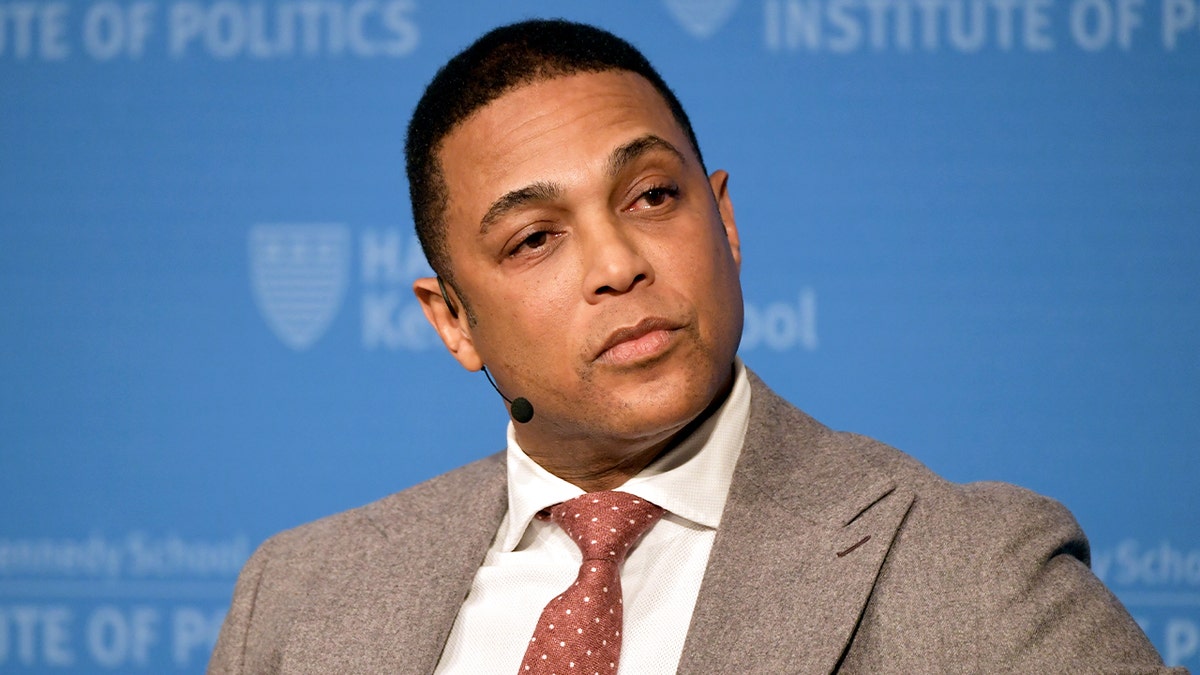
CAMBRIDGE, MA - FEBRUARY 22: CNN's Don Lemon speaks at Harvard University Kennedy School of Government Institute of Politics in a program titled "Race, Media and Politics" on February 22, 2019 in Cambridge, Massachusetts. (Photo by Paul Marotta/Getty Images)
CLICK HERE TO GET THE FOX NEWS APP
Lemon also pushed back on Oinounou blaming the media entirely, stating, "You can’t just gloss over what you said about politicians saying ‘fake news’ because that undermined the trust in a very important institution and continues to do so."
He then blamed the politicians for forcing people into echo chambers. "And also what it did was, it forced people into political corners and to watch media that became echo chambers. And then you have algorithms on social media that also forces people onto echo chambers. And those places are not necessarily governed by facts and reality."




